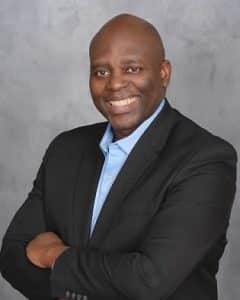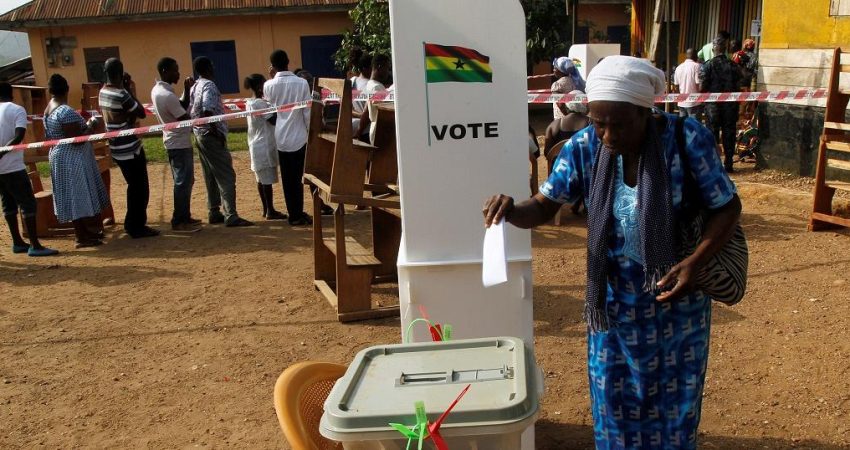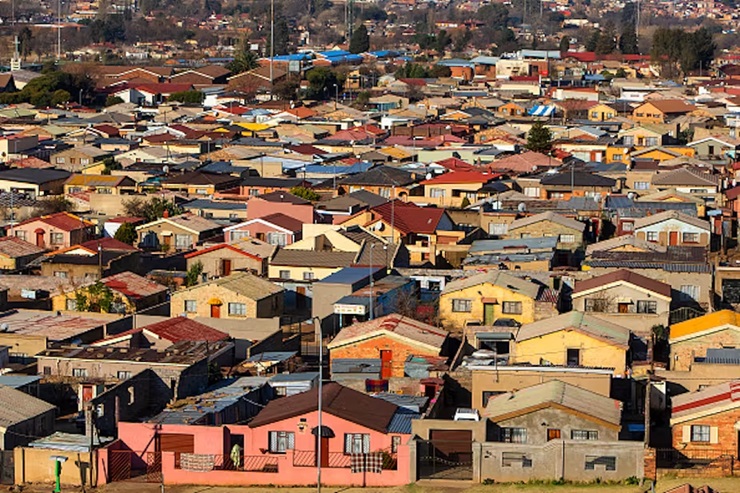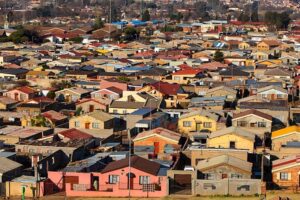Several norms are a regular feature in democracies. Regular competitive election is one of them. Electoral processes, however, are not without their challenges and controversies. If it is not the outcome we are displeased with, it is the process we had concerns about. In a little over a year, Ghanaians will head to the polls in another major election to decide who the sixth president of the 4th Republic will be. There will also be two hundred and seventy-five seats (275) at stake to determine who gains majority control of parliament.
Ghanaian voters will be heading into the election with a) a particular view of the election management body; b) judgements about the freeness and fairness of previous elections; c) a sense of their preferred method for choosing leaders; and d) belief in the efficacy of elections. I provide insights on these issues using data from the Afrobarometer survey.
Preferred Method for Choosing Leaders
In the survey, when Ghanaians are presented with the choice of a) choosing leaders in the country through regular, open, and honest elections or b) adopting other methods for choosing a leader because elections sometimes produce bad results, on average, a strong majority (86%) support choosing leaders through elections. Support for elections was at its highest in survey Round 5 (2012) at ninety-three percent (93%). Between that survey round though and the most recent (2022), support for elections has dropped by nine percentage points (9%). However, we can take comfort in the fact that our support for elections remains strong (84%) as at the 2022 survey round.
Our View of The Election Management Body
The Electoral Commission of Ghana is the country’s election management body. The Commission describes itself as follows “The Electoral Commission is one of the governance institutions provided under the 1992 constitution. The Commission was established by the Electoral Commission Act (Act 451) of 1993. It was set up purposely to manage the conduct of all public elections and Referenda, to handle all matters directly related to the conduct of elections in the country.” I have written previously to express worry about the declining trust in the electoral commission. Only ten percent (10%) in the most recent survey round in 2022 said they trust the commission “a lot”. It is a difficult situation the commission finds itself in, knowing that decisions must be made about the conduct of the upcoming election. Nonetheless, we must address this trust issue and the commission must bear a great portion of the burden.
Our View Of the Efficacy Of Elections
On four occasions (2005, 2008, 2014, and 2019), the survey asked Ghanaians to assess the efficacy of our elections. The first question asked, “Thinking about how elections work in practice in this country, how well do elections: Ensure that representatives to the National Assembly reflect the views of voters?” The initial round in 2005 was very positive with seven out of ten Ghanaians (71%) saying that our elections do this well. That will however drop to sixty-eight percent (68%) in 2008, and further drop to fifty-two percent (52%) in 2014. There has been an improvement to sixty-two percent (68%) as at 2022. The second question asked, “Thinking about how elections work in practice in this country, how well do elections: Enable voters to remove unrepresentative leaders from office.” The initial round in 2005 was very positive with eight out of ten Ghanaians (79%) saying that our elections do this well. That however dropped to seventy-one percent (71%) in 2008, and further dropped to sixty-one percent (61%) in 2014. There has been a remarkable improvement to eighty percent (80%) as at 2022.
Free and Fair?
The freeness and fairness of elections depend largely on the election in question. The survey asks “On the whole, how would you rate the freeness and fairness of the last national election…” This is the percentage of Ghanaians who have described past elections as “completely free and fair” – 54% (2004); 39% (2008); 26% (2012); 63% (2016), and 37% (2020). Partisanship however shapes greatly how Ghanaians judge elections as completely free and fair. In victory, partisans judge elections as free and fair in higher percentages than they do in defeat.
The 2024 Election
We will be heading into 2024 with some positive dispositions (strong support for elections as well as belief in the efficacy of elections) but with some challenges as well (trust issues with the election management body). I maintain that there are still seventeen months to work through all the challenges and concerns that Ghanaians may have about the process to make the outcome broadly acceptable to all parties. I know and trust we can!
The 2016 election so far leads the completely free and fair race. Perhaps there are lessons to emulate from that election?
 John Osae-Kwapong (PhD.) is a Democracy and Development (D&D) Fellow at CDD-Ghana, Associate Provost for Assessment, Accreditation, and Institutional Effectiveness, Baruch College, The City University of New York
John Osae-Kwapong (PhD.) is a Democracy and Development (D&D) Fellow at CDD-Ghana, Associate Provost for Assessment, Accreditation, and Institutional Effectiveness, Baruch College, The City University of New York
*Photo credit: myinfogh
















